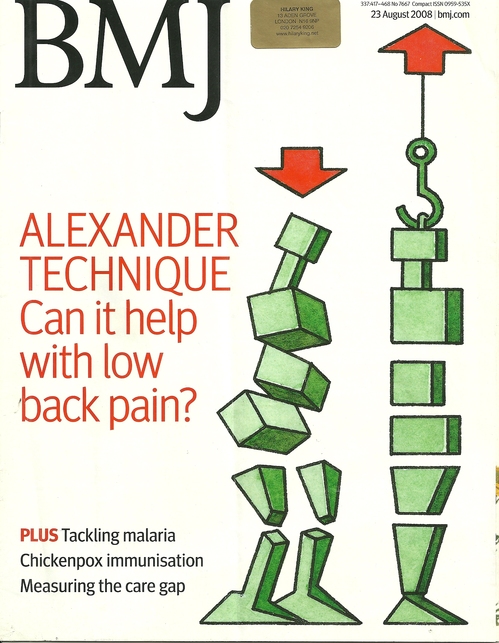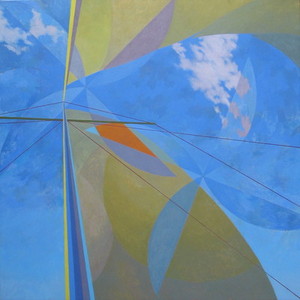New Research Paper
A new paper has been published in the OUP Family Practice (23 December 2009) which reports the findings of research into patients’ views and attitudes towards learning the Alexander Technique, as part of the ATEAM Trial into treatments for chronic back pain.
This research looked at the psychological aspects underlying the ATEAM Trial and the outcomes showed that patients found the Alexander Technique was ‘effective’ and ‘made sense’ as it could be used during everyday activities, it had a ‘convincing rationale’ and that teachers provided good support and personal advice. The Alexander Technique was generally seen to be more acceptable to patients than the exercise regime which was prescribed by the doctors.The Technique was also seen as improving the patients’ quality of life, which is great!
As one of the teachers selected to teach on the ATEAM Research Trial, I welcome this publication and the findings it reports, which tally with my experience of teaching the Technique to pupils from a wide range of backgrounds who predominantly find the Technique effective, not just for back pain but for helping and preventing the development of many conditions.
Alexander Technique Courses and Classes
If you would like to find out more about the Alexander Technique, you might like to join my upcoming
Introductory Alexander Technique Course, or you might prefer to dive straight in and try some individual lessons which are available on an ongoing basis.

